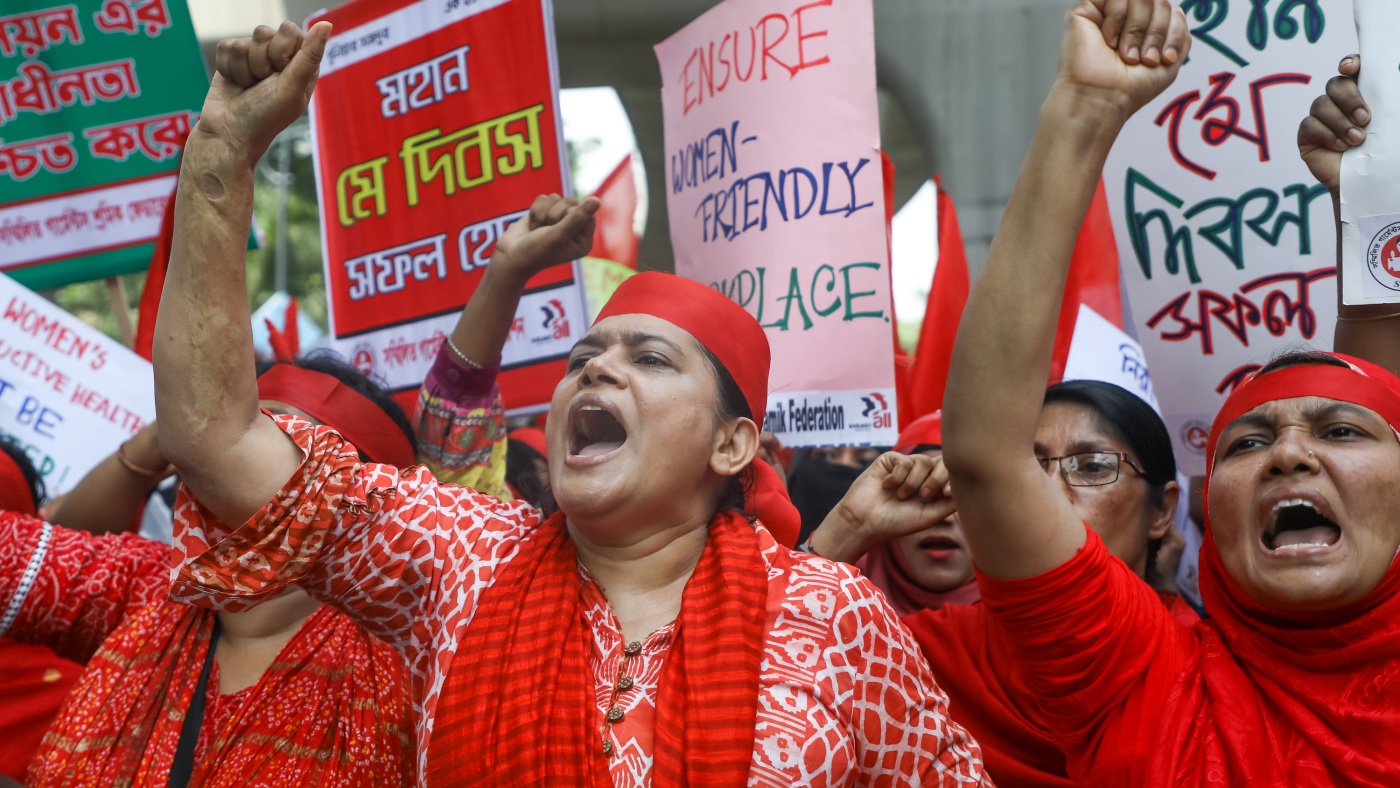Last Updated:
Both sides recognised that the recent disengagement process along the LAC had contributed to peace and tranquility in border areas.
Jaishankar said he and Wang Yi noted the progress in the recent disengagement in the India-China border areas. (S Jaishankar/X)
Amidst the thaw in ties between India and China, both countries have discussed resumption of the Kailash Mansarovar Yatra after a gap of almost five years.
External Affairs Minister S Jaishankar met his Chinese counterpart Wang Yi on the sidelines of the G20 Summit in Rio de Janeiro, Brazil, where they discussed the next steps in India-China relations after the completion of the disengagement process at the Line of Actual Control. (LAC).
In an earlier post on X, Jaishankar said the two leaders “noted the progress in the recent disengagement in the India-China border areas. And exchanged views on the next steps in our bilateral ties. Also discussed the global situation.”
On the sidelines of the G20 Summit in Rio, met CPC Politburo member and FM Wang Yi of China.We noted the progress in the recent disengagement in the India-China border areas. And exchanged views on the next steps in our bilateral ties.
Also discussed the global situation. pic.twitter.com/fZDwHlkDQt
— Dr. S. Jaishankar (@DrSJaishankar) November 19, 2024
Why The Resumption Of Mansarovar Yatra Is Significant?
This is the fifth consecutive year since 2020 when both official routes for the holy Kailash Mansarovar Yatra remain closed for Indians. The private route through Nepal, which was opened last year by China, is unavailable for Indians for all practical reasons given the tough rules brought in by China.
Covid-19 has remained the ostensible reason for the suspension of the Kailash Mansarovar Yatra to Mount Kailash in China, the holy abode of Lord Shiva which has great reverence for Hindus. The two leaders discussed several steps in the future of India-China relations, such as the resumption of the Kailash Mansarovar Yatra pilgrimage, data-sharing on trans-border rivers, direct flights between India and China and media exchanges, according to the Ministry of External Affairs.
News18 had earlier reported how RTI replies furnished by the Ministry of External Affairs regarding the Kailash Mansarovar Yatra, with copies of two agreements signed with China in 2013 and 2014, made it clear that China cannot unilaterally terminate the agreements without prior notice. Any modifications have to be through consensus, these agreements said.
India-China Agreements On Kailash Mansarovar Yatra
The first agreement, on May 20, 2013, was signed between then Foreign Minister Salman Khurshid and Wang Yi, then Foreign Minister of China. This opened the Lipulekh Pass route for the yatra. The second agreement was signed by Sushma Swaraj as foreign minister with Yi in 2014 on September 18, 2014 to start the Nathu La Pass route for the Kailash Mansarovar Yatra.
A large number of Indian pilgrims also visited Mt Kailash and Mansarovar through commercial tour operators and travel agents. The second agreement was to allow Indian pilgrims, who go through tour operators and travel agents, to enter or exit China through the Nathu La Pass. The third option for Indians was to go to Nepal and then enter China through private operators. In all cases, Indians needed visas from China to visit Mt Kailash and Mansarovar.
However, both official routes were closed since 2020. China opened its borders from the Nepal side last year, but tightened rules for foreigners, especially Indians, and put multiple restrictions, including hiking the fee, making it practically impossible for Indians to go to Mt Kailash through Nepal.
This year in January, 38 Indians were the first to take a chartered flight, ‘Kailash Mansarovar Darshan Flight’, from Nepalgunj in Nepal to get aerial darshan of Mt. Kailash from 27,000 feet in the air. India has also developed a spot in its territory at Lipulekh peak in Dharchula of Pithoragarh, Uttarakhand, from where Mount Kailash can soon be clearly viewed from a distance of just 50 km.
India-China Disengagement Process
The ties between both nations had strained since the Galwan clash in 2020 – which is also said to have affected the Kailash Mansarovar Yatra. India and China reached a significant agreement on October 21 for disengagement in the Depsang and Demchok border areas.
The External Affairs Minister said India is strongly committed to a multipolar world, including a multipolar Asia. He also asserted that India’s foreign policy has been principled and consistent, and that it rejects unilateral approaches to establish dominance. India does not view its relationships through the prism of other nations, he added.
Wang also concurred with Jaishankar that India-China relations have particular salience in world politics. The two Ministers felt that it was imperative that the focus should be on stabilising ties, managing differences and taking the next steps, as per the statement.




